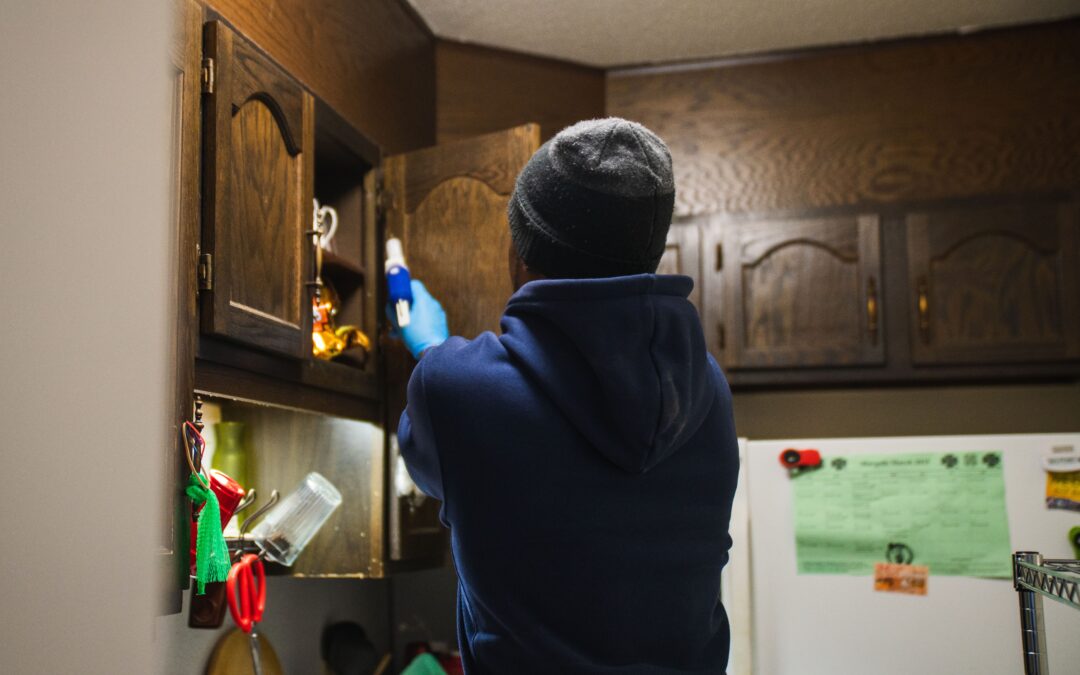These days, bed bugs are a constant concern while out and about in public. Nobody wants to acquire bed bugs from a seat on the bus or subway only to bring the pests into their own home. Considering that bed bugs inflict bites to humans as they sleep, and are skilled at remaining out of human sight even within heavily infested homes, it is easy to become anxious about the possibility of falling victim to a bed bug infestation.
Pest control professionals are often called to the homes of residents who believe that they have bed bugs solely because they wake up in the morning with bug bites. This is not necessarily an unreasonable assumption given the circumstances, but more evidence is needed before bed bugs become a concern. In these cases, pest control professionals will carry out a thorough inspection of the home in order to determine if bed bugs are present. If they are not, the bites could be inflicted by another arthropod pest, such as Dermestid beetles or mosquitoes. It is also possible that the home’s interior environment could be to blame for causing skin conditions that closely resemble bed bug bites.
According to seasoned pest control professionals, Dermestid beetles are frequently the culprits behind bites that are initially presumed to be inflicted by bed bugs. Dermestid beetle adults and larvae naturally feed on hair, dead skin, decayed food, dead insects and insect fragments that collect along the edges of carpeting. While neither adults nor larvae bite humans, larvae possess protruding spines that irritate human skin, usually causing red itchy welts not unlike bed bug bites. These spines often wind up in bedding after detaching from the bodies of larvae, which provides a plausible explanation for waking up with a mysterious and irritating skin condition. Dermestid beetle infestations are much easier to eradicate than bed bug infestations, and good housekeeping habits will make homes inhospitable to these beetle pests.
Have you ever had a Dermestid beetle infestation?

